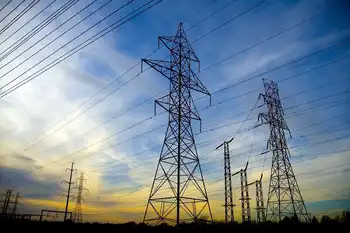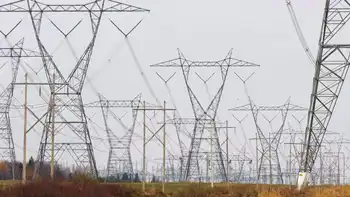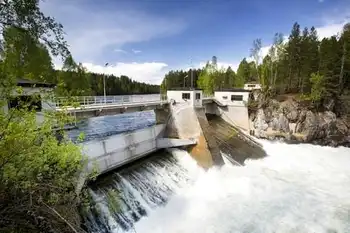Energy chief collides with a troubled nuclear history
By Globe and Mail
Substation Relay Protection Training
Our customized live online or in‑person group training can be delivered to your staff at your location.

- Live Online
- 12 hours Instructor-led
- Group Training Available
That industry revolves around Atomic Energy of Canada Ltd., the troubled Crown corporation that the federal government is desperately trying to unload. Under the right circumstances, the sale of its Candu division could mean the revitalization of a sector with room for growth and job creation - particularly in Mississauga, Ont., where much of its operations are centred. But by most insider accounts, the circumstances really couldn't be much worse.
Responsibility for that rests largely with Stephen Harper's Conservatives, who are known to be impatient to get the money-sucking AECL off their books. So not only are they selling it at a time when its value is very low, they're doing so in a rushed manner that seems to lack much strategy.
Although sources say the deadline for the submission of bids has been extended from June 15 to later in the month, and that several potential buyers have emerged, there's little optimism that the process is designed to maximize the company's worth.
That AECL was such a minimally attractive asset to begin with, though, is something that both levels of government had a hand in.
As it stands, AECL's power division is mostly just in the business of refurbishing and servicing existing reactors.
But that would have changed if the province had inked a deal to purchase new reactors for its Darlington generating station.
It seemed like a win-win. Mr. Harper's Tories would have had a much more valuable asset to sell. And aside from the primary purpose of ensuring a steady power supply, Dalton McGuinty's Liberals would have helped rebuild an Ontario-centred company that would then have been better positioned to pursue international business as well.
But the two governments didn't really work with each other to get the deal done, which would have meant finding a way to share the risk for cost overruns. The deal fell through last year, with then-energy minister George Smitherman citing an exorbitant price tag reported to be $26-billion and calling on Ottawa to clarify the ownership situation before moving forward.
A clunky process got in the way of much co-operation. But so, too, did a lack of any strong will.
That seems particularly to have been the case on the federal side, where there was little enthusiasm for doing anything with AECL other than making it someone else's problem. But the procurement was widely perceived to be on the backburner for the province as well.
Within the industry, that's been blamed on Mr. Smitherman, whose heart was with alternative energy. But it doesn't seem to have been a top priority for other Liberals, either - presumably because, with the recession reducing power demand, there seemed little priority to spend many billions of dollars on new supply.
Sooner or later, a new reactor will more than likely get built, not least because the message from the business community is that a reliable long-term energy supply is a prerequisite to attracting new investment to the province. And it may be that AECL will still be in position to provide it. But what the company will look like by then - whether it will even be primarily in Canadian hands, or bought up by a bigger foreign company such as France's Areva - is anyone's guess.
Most Ontarians probably won't be too fussed either way. Nuclear power isn't a sexy industry if anything, it evokes a degree of suspicion among the general public, which is part of the reason governments have felt no great pressure to advance the file. But amid all the talk of transitioning toward a knowledge economy, the perilous fate of a high-tech sector that employs thousands of Ontarians seems a little incongruous.











